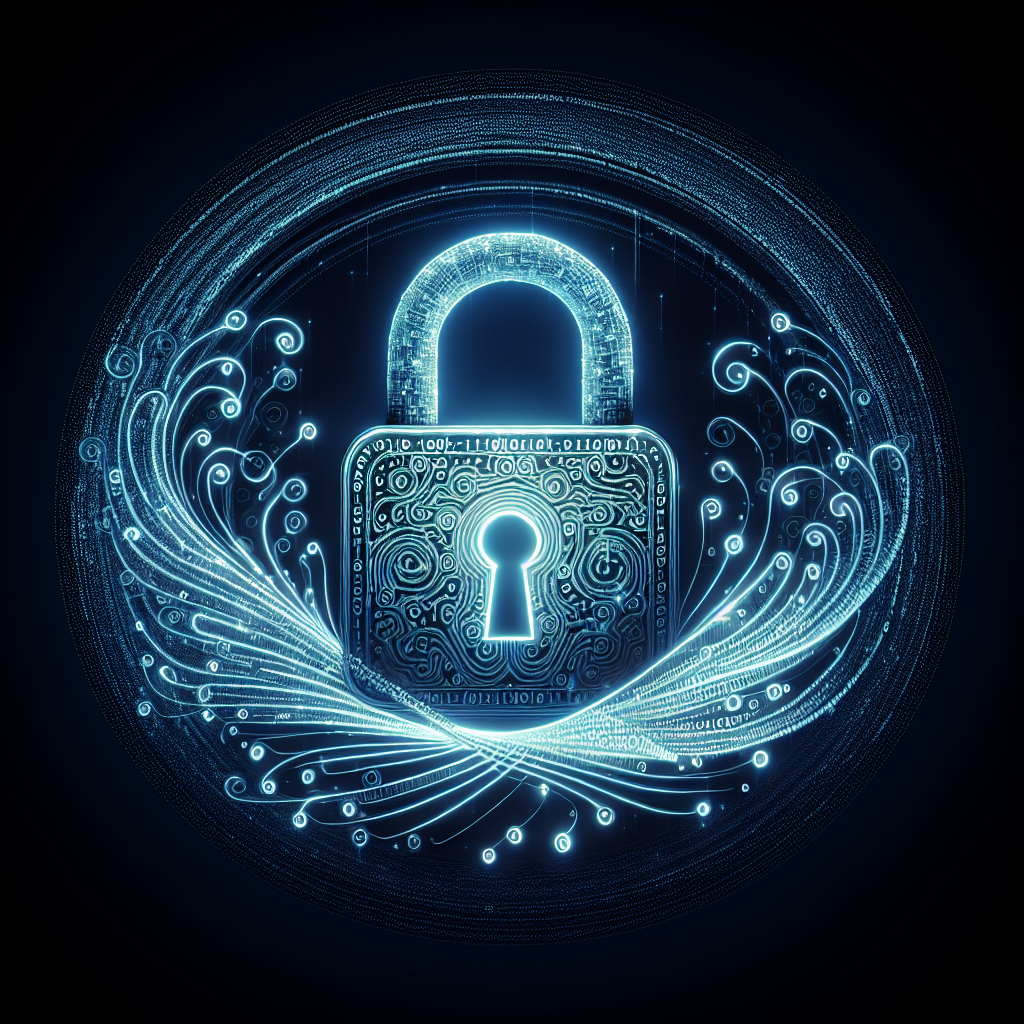In today’s interconnected world, where technology plays a central role in our daily lives, it is crucial to arm ourselves with the necessary skills to protect our personal information and privacy online. With an increasing number of cyber threats and hackers lurking in the digital realm, self-defense in the digital age has become more important than ever. This article aims to shed light on the importance of protecting yourself online and provide practical tips to ensure your safety in the vast landscape of the internet.
Introduction
In this digital age, where the majority of our personal and professional lives revolve around the online world, it is crucial to understand the significance of online self-defense. With the ever-evolving landscape of technology, our personal online security has become a paramount concern. From the threats of hacking and identity theft to online scams and cyberbullying, it is essential to arm yourself with the knowledge and tools necessary to protect your digital identity. This comprehensive guide will walk you through various steps and strategies to strengthen your online defenses and ensure that you navigate the digital world confidently and securely.
1. Assessing Your Online Vulnerabilities
The first step in protecting yourself online is understanding the potential risks and threats you may face. Recognizing these vulnerabilities is crucial in developing effective and targeted defense mechanisms. Common online vulnerabilities include weak passwords, outdated software, and oversharing personal information. By assessing these weaknesses, you can take proactive measures to mitigate the risks associated with them. It is also essential to understand the significant consequences that online attacks can have, ranging from financial loss to reputation damage.

2. Strengthening Your Digital Identity
Creating strong and unique passwords is a fundamental aspect of securing your online presence. Using a combination of letters, numbers, and special characters will make your passwords more resilient against hacking attempts. Additionally, employing two-factor authentication adds an extra layer of security by requiring a secondary form of verification, such as a fingerprint or a unique code sent to your mobile device. Protecting your personal information involves being cautious about what you share online, especially on social media platforms. The less information you provide, the harder it becomes for potential hackers or scammers to exploit your identity.
3. Protecting Your Devices
The security of your devices plays a vital role in safeguarding your online presence. Regularly updating your operating system and software ensures that you have the latest security patches that address potential vulnerabilities. Installing reputable antivirus and antimalware software provides an added layer of protection by regularly scanning your system for any malicious threats. Encrypting sensitive data ensures that even if someone gains unauthorized access to your device, they won’t be able to read or use your confidential information. Additionally, securing your smartphone and tablet with passwords or biometric authentication is crucial, considering how much personal data these devices hold.

4. Safeguarding Your Online Communications
Securing your online communications is essential to protect sensitive information from unauthorized access. Using secure communication channels, such as encrypted messaging apps, ensures that your conversations remain private and protected. Encrypting emails and instant messages is another effective way to secure your communications. Emails and messages sent over encrypted channels are much harder for malicious actors to intercept and decipher. However, it’s vital to be cautious of phishing and social engineering attacks, where hackers impersonate trusted entities to deceive you into revealing sensitive information. Utilizing virtual private networks (VPNs) can add an extra layer of security by encrypting your internet connection and shielding your online activities from prying eyes.
5. Educating Yourself on Online Scams and Fraud
With the increasing prevalence of online scams, it is essential to educate yourself about the common tactics used by fraudsters. Being able to recognize phishing emails, fake websites, and suspicious pop-ups can help you avoid falling victim to these scams. Keeping your personal information safe is paramount in protecting yourself from identity theft. Avoid sharing sensitive information unless necessary, and be cautious about the websites you provide your data to. It is also crucial to be aware of financial fraud and phishing attempts, where scammers try to trick you into revealing your financial details. Verifying the authenticity of websites by checking for secure connections and conducting thorough research can help you remain safe online.

6. Practicing Safe Browsing Habits
Safe browsing habits are vital in minimizing the risk of encountering malicious websites or downloading malware-infected files. Using secure and updated web browsers ensures that you have the latest security features and protections. Understanding website security indicators, such as HTTPS encryption and valid security certificates, can help you determine if a website is trustworthy or not. Being cautious with downloads and file sharing is necessary to avoid inadvertently downloading malware or sharing infected files with others. Developing a habit of avoiding suspicious websites and links is essential in protecting yourself from phishing attempts and other online threats.
7. Managing Your Online Privacy
Protecting your online privacy involves taking control of the information you share and the visibility of that information to others. Reviewing privacy settings on social media platforms allows you to restrict who can see your profile, posts, and personal details. By carefully selecting these settings, you can minimize the potential for strangers to access your information. Controlling the information shared through your online accounts, such as email addresses or phone numbers, also helps maintain your privacy. Using anonymous browsing options, such as private browsing mode or virtual private networks (VPNs), further enhances your online privacy by masking your digital footprint. Additionally, protecting your online activity from tracking by limiting the use of cookies and implementing browser extensions can help safeguard your privacy.
8. Monitoring and Responding to Cyberbullying
Cyberbullying is a serious issue that can negatively impact your mental and emotional well-being. Recognizing the signs of cyberbullying, such as persistent harassment or the spread of false information, is crucial in addressing the problem effectively. It is essential to respond to cyberbullying in a thoughtful and measured manner, avoiding engagement with the bully. Utilizing social media reporting and blocking features enables you to take control of your online experience by limiting interactions with those who harm or harass you. Seeking support from trusted individuals or organizations, such as friends, family, or helplines, is essential in coping with the emotional toll cyberbullying can have on your life.
9. Developing a Personalized Online Security Plan
Every individual has unique online security requirements, depending on their digital activities and personal circumstances. Assessing your specific online security needs is crucial in developing a personalized plan. Setting goals and objectives for improving your online defenses allows you to focus on the areas that require immediate attention. Implementing a comprehensive security strategy involves combining various protective measures, such as password management, device security, and safe browsing habits, into a cohesive plan. Regularly reviewing and updating your security measures is essential in adapting to the ever-evolving landscape of online threats and ensuring that your defense mechanisms remain effective.
In conclusion, protecting yourself online is of utmost importance in today’s digital age. By recognizing your vulnerabilities, strengthening your digital identity, safeguarding your devices, and practicing safe online habits, you can navigate the digital world securely. Educating yourself about online scams and fraud, managing your online privacy, and effectively responding to cyberbullying are essential in maintaining your online security and well-being. By developing a personalized online security plan and regularly maintaining and updating it, you can stay one step ahead of potential threats and enjoy a safe and secure online experience.






